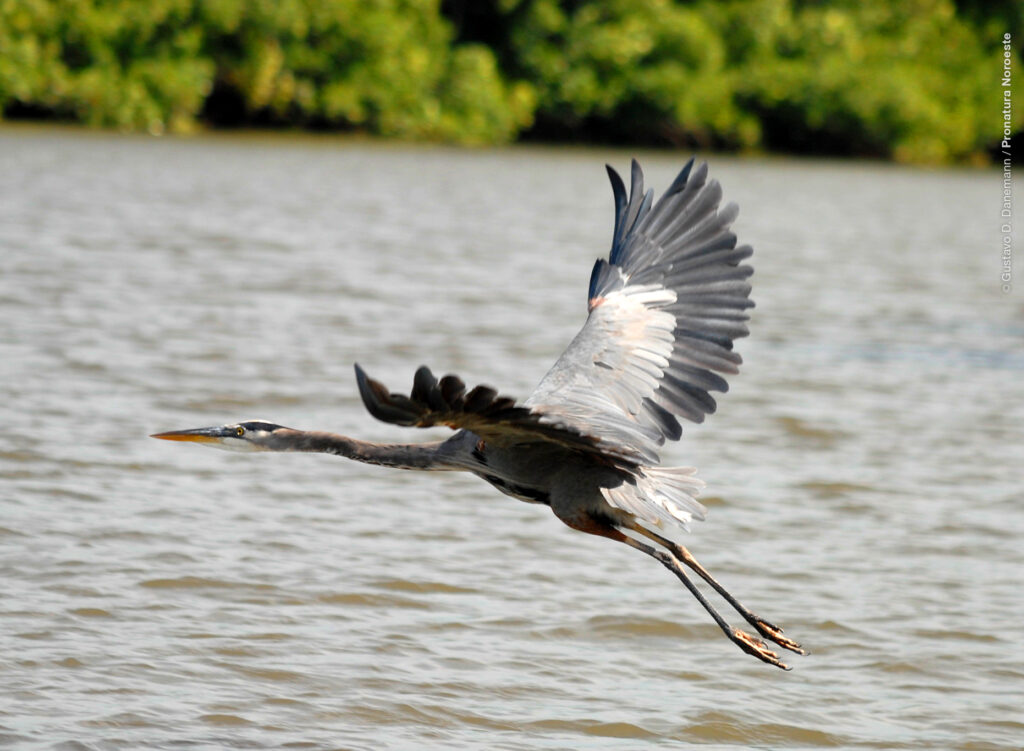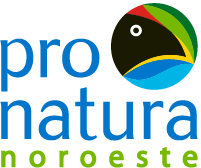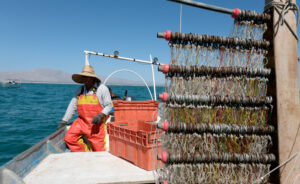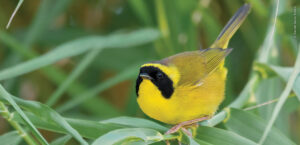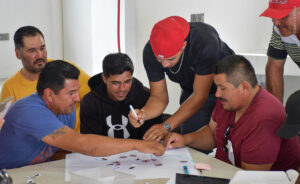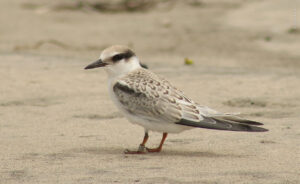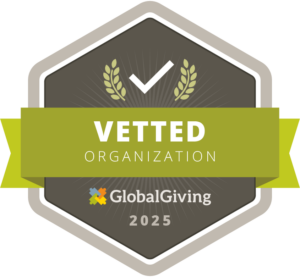The Marismas Nacionales Biosphere Reserve, on the coast of Nayarit, is a 133,854.39-hectares network of brackish coastal lagoons, mangrove forests, swamps and mangroves. Some of this reserve belongs to Acaponeta, Rosamorada, Santiago Ixcuintla, Tecuala and Tuxpan municipalities. Its ecological relevance is partly due to the fact that it contains one-fifth of the total mangrove ecosystems in Mexico, in addition to offering fishery resources of high commercial value.
Our conservation work at Marismas Nacionales engulfs several activities. Among them are the analysis of ecological flows in the watersheds that drain the wetlands of this natural reserve, with a total of 16,533 km². In 2015, we collaborated on the removal of 5,000 m³ of mud to clear 2,500 meters of canals in Tecuala, Nayarit, to restore around 400 hectares of mangrove in Marismas Nacionales.
Its coastal lagoons provide shelter for about 100,000 aquatic birds, of 446 species. One of them is the Pacific Red Knot (Calidris canutus roselaari), which has suffered a notable population decline in recent years. There is also an important presence of terrestrial mammals, especially big cats, such as the Jaguar (Panthera onca) at La Papalota farm, a site where we collaborate for the conservation of other felines like the Ocelot (Leopardus pardalis).
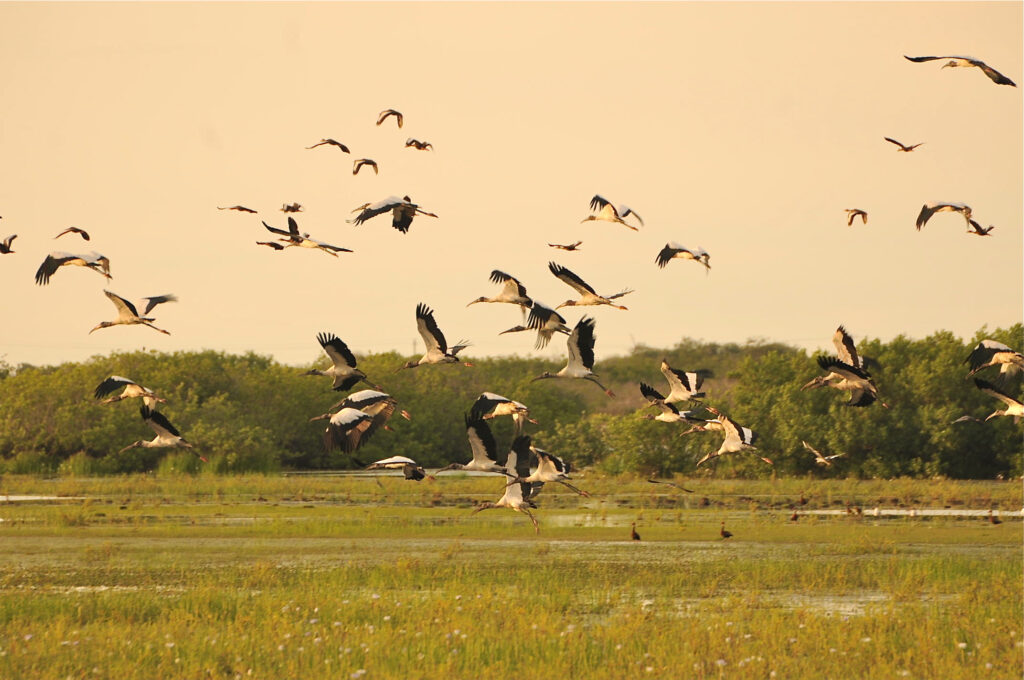
Among the fishery resources of high economic relevance in Marismas Nacionales is the Pacific White Snook (Centropomus viridis), being Nayarit the main producer state of this species in the Mexican Pacific, and the second at the national level, behind Campeche. Also stand out the Yellow Sea Bass (Cynoscion xanthulus), the Silver Sea Bass (Cynoscion albus), and the Curvina Chana (Cynoscion reticulatus), as well as the Red Snapper (Lutjanus colorado). Pacific White Snook, Curvina and Snapper fishing are included in the Fishery Management Plan, in which we collaborated with INAPESCA to develop.
Thus, the Sable Snapper (Lutjanus argentiventris) and Red Snapper (Lutjanus novemfasciatus) are especially important for conservation, two species for which we are working on sustainable development with the support of INAPESCA, CONANP, state government and fishing cooperatives. It is important to note that the extraction of these fish requires certain fishing gear in order to avoid catching juveniles and pre-adults.
Collaborate with us in the conservation of wildlife and ecosystems in Marismas Nacionales.
